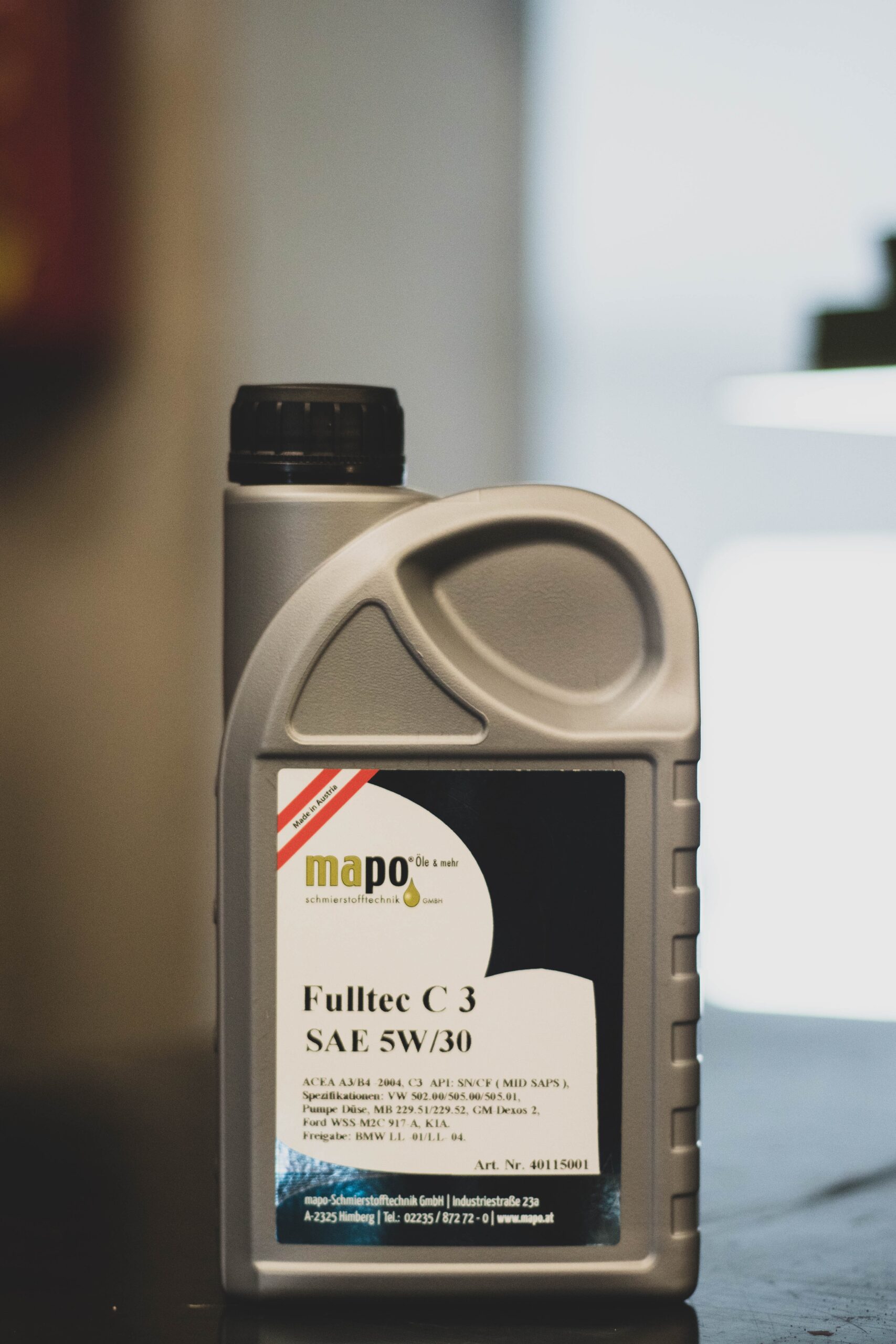There are many different types of oil on the market, but when it comes to heavy duty oil, two of the most popular choices are 15w-40 and 20w-50. These oils have a few key differences that make one better than another depending on what your needs are. If you’re wondering what the difference is between 15w-40 and 20w-50, the tips from DavesOilChange.com in the article will clear up all your questions.
What is heavy duty oil?
Heavy duty oil is a type of lubricant that has been developed to be used in diesel engines.
Is 15W40 oil only for diesel engines?
No, 15W-40 oil is also great for gasoline engines.
What are some key differences?
The two most notable differences include viscosity and additives. These oils have different viscosities, with thicker ones like 20w-50 having higher viscosity than lighter weight oils such as 15W-40. Thicker oils will circulate more slowly through your engine’s parts but can provide increased protection for certain components including valves and pistons due to their ability to reduce wear from high pressure points within the block itself (such as valve seats). Thinner oils are able to better protect parts that have smaller spaces between them, such as the bearings in your engine.
Another key difference is additives. Both types of oil contain chemicals known as detergents that help prevent corrosion and reduce any build up inside the system itself (an issue with diesel engines due to their high compression ratios) . However, thicker fluids like 15w-40 contain more additives than lighter weight oils such as 20W-50 do thanks to its ability to handle higher viscosities without breaking down too quickly and causing damage or even worse: a fire!
Is there a benefit over thicker oils like 20W-50 Heavy Duty Oil?
Yes, thinner fluids such as 15w-40 have better cold start capabilities compared with heavier ones such as 20w-50 because they contain more additive detergents which help prevent corrosion from building up on the inside of the engine. This makes them a better choice for colder climates where it may be more difficult to start your car’s engine in cold weather due to low viscosity and lubrication levels caused by winter temperatures.
Is there anything I should know?
Make sure you check your owner’s manual for minimum viscosity recommendations before buying anything because the wrong oil can cause damage to your engine or vehicle! Additionally, always follow manufacturer’s instructions when it comes to changing fluids and make sure you change them every so often (usually about every 12 months) according to what is recommended in your owner’s manual. This will ensure that you’re able to avoid any unnecessary problems with temperature fluctuations, corrosion buildup inside of the system itself, potential fire hazards if fluid reaches too high of temperatures without proper lubrication protection or other issues caused by using incorrect fluid types.

